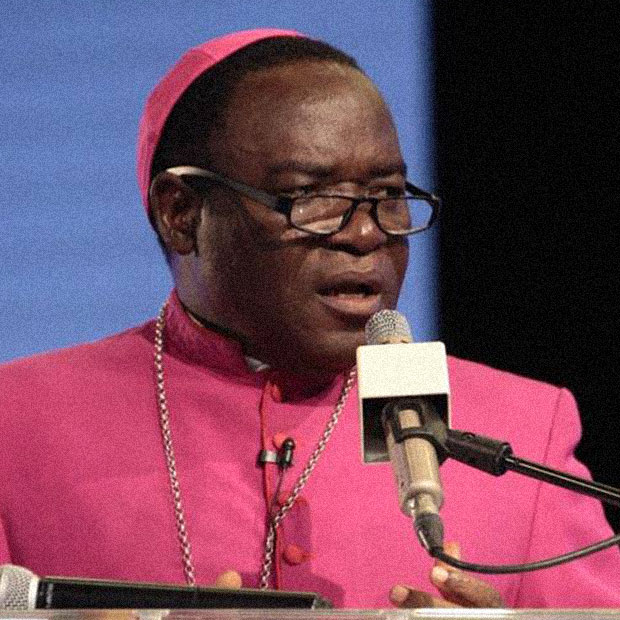The Catholic Bishop of Sokoto Diocese, Matthew Kukah, has attributed Nigeria’s lack of measurable progress since independence to the nation’s tend
The Catholic Bishop of Sokoto Diocese, Matthew Kukah, has attributed Nigeria’s lack of measurable progress since independence to the nation’s tendency to choose darkness over light.
Delivering his Christmas message at the Holy Family Cathedral Catholic Church, Sokoto Diocese on Tuesday night, Kukah emphasised that embracing transparency, accountability, and integrity in public service, politics, and individual conduct could significantly improve the country’s current state.
“Nigeria’s lack of visible and measurable progress is tied to the fact that we have chosen darkness rather than light. Imagine if we let the light shine on our public service, on our politics, on our individual, community, and national life, and on our public institutions. Imagine what Nigeria would be like if we chose light instead of darkness,” he said.
He urged Nigerians to live by the message of the Christian hymn, “They will know we are Christians by our love,” highlighting that the country’s journey to greatness remains constrained by ethnicity, nepotism, and greed.
The bishop also expressed concern over the dominance of ethnicity and religion in accessing opportunities, which, he said, often overshadows the sense of common citizenship.
He noted that feelings of exclusion push many citizens toward violence and frustration, further undermining national unity.
“We are still unable to embrace the ideals of our national anthem that says: ‘Though tribe and tongue may differ, in brotherhood we stand.’ Diversity is a gift from God. Let us use it effectively as a tool for national mobilization and cohesion,” he advised.
Kukah also lauded the passage of the Not Too Young to Run Bill in 2018, which opened doors for increased youth participation in politics.
However, he acknowledged ongoing challenges, such as the high costs of political participation and issues of internal democracy, which still hinder young people’s active engagement.
He also commended the enactment of the Student Loan Act 2024 and the establishment of the Nigerian Education Loan Fund by the federal government.
These initiatives, he noted, have the potential to expand opportunities for Nigerian youth, including those pursuing vocational and technical skills.
“It is significant that the Act does not limit access to university students alone. We hope this project will be free of bureaucratic bottlenecks and favoritism, ensuring that poverty does not exclude anyone from receiving a good education,” Kukah said.
He encouraged the youth to take full advantage of these opportunities while also expressing concern about the ongoing security challenges in the country, which he described as a persistent obstacle to national stability.
Kukah, however, called on all Nigerians to choose the path of light, unity, and love, stressing that these values are essential for the nation’s progress and development.
